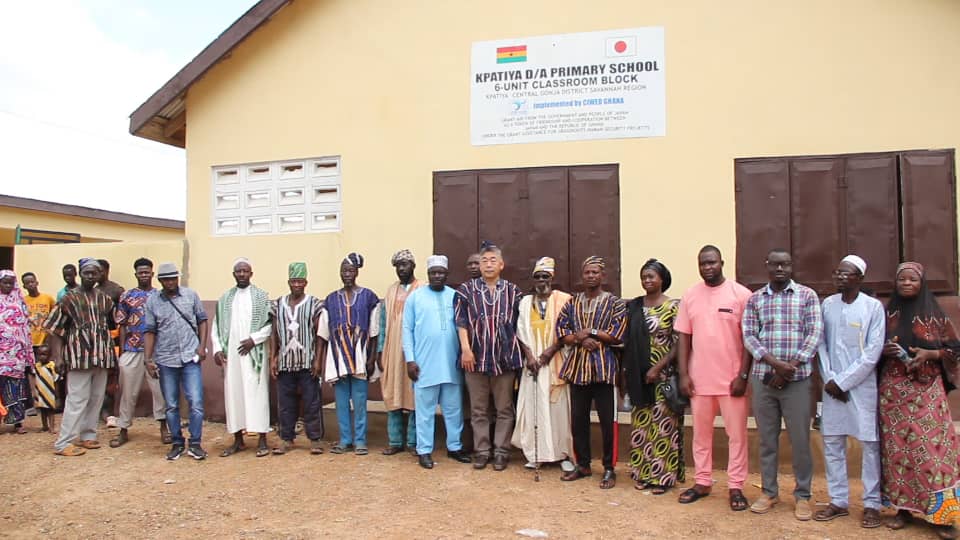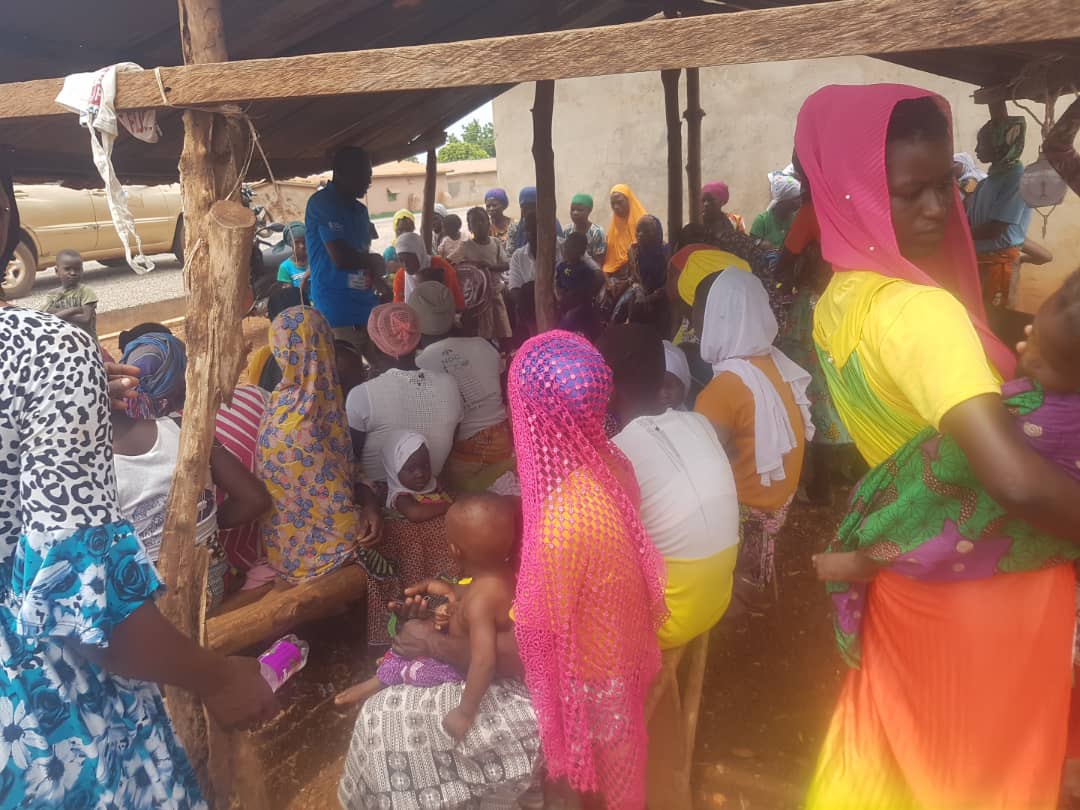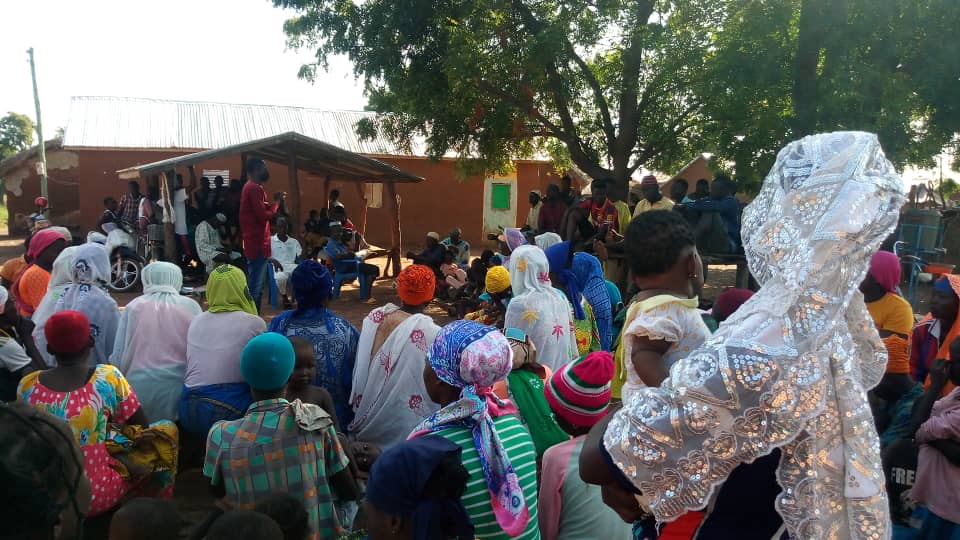On July 10, 2024, CIWED Ghana commissioned a newly constructed six-unit classroom block for Kpatiya and its surrounding communities in the Central Gonja District of the Savannah Region. This project, which began in November 2022 and concluded in December 2023, was funded by the Embassy of Japan in Ghana.
CIWED Ghana’s vision was to create an environment where every child in Kpatiya and neighboring communities can access quality education and where parents feel comfortable sending their children. The newly inaugurated six-unit classroom block, equipped with modern amenities, symbolizes hope and opportunity. It provides a conducive teaching and learning environment, enabling children to pursue their dreams and realize their full potential.
In addition to the classroom block, auxiliary facilities have been constructed to ensure a holistic educational experience. These include a staff common room, a library, and sanitation facilities, all designed to create a nurturing and supportive atmosphere for both students and teachers.
This project was made possible through the collaborative efforts of many individuals and organizations. CIWED Ghana extends its deepest gratitude to the Embassy of Japan for their financial support, which was crucial for the construction of these facilities.
The new educational infrastructure will have a lasting positive impact on the community, ensuring that every child has access to quality education.



